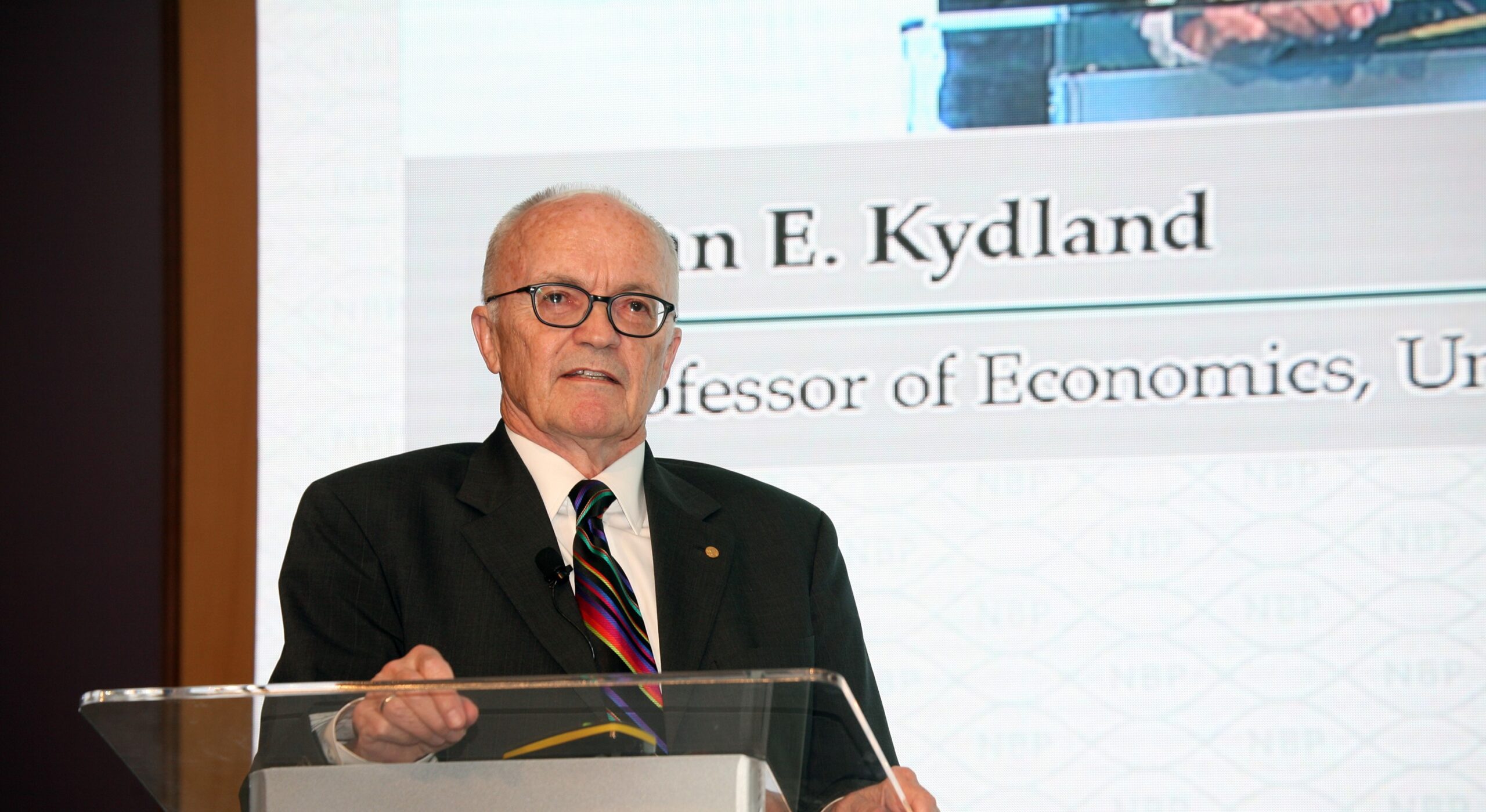János Kornai 101: Who is the Hungarian Economist? in our article of Zatrun.com, we will cover in detail everything you need to know about the Hungarian economist János Kornai, who our readers are curious about.
Who is János Kornai?
János Kornai was a Hungarian economist known for his analysis and criticism of the command economies of communist states in Eastern Europe. He also studied the macroeconomic aspects of countries during the post-Soviet transition period. János Kornai was an honorary professor at both Harvard University and Corvinus University in Budapest. He was known for inventing the term “scarcity economy” to reflect the chronic shortages of goods in the centrally planned command economies of the Eastern Bloc.
Kornai was born János Kornhauser on January 21, 1928 in Budapest to a wealthy Hungarian-Jewish family. During the Nazi occupation of Hungary, his family spent time in a concentration camp. His father was sent to work as a slave and was later killed in Auschwitz. Kornai studied philosophy for two years at the Pázmány Péter University (now Eötvös Loránd University) in Budapest.

János Kornai acquired his economic knowledge on his own and later received a candidate degree in economics from the Hungarian Academy of Sciences. He wrote that he chose to become an economist after reading Marx’s Das Kapital. He started working at Szabad Nép, the newspaper of the Hungarian Communist Party, and became an editor for news about the economy. However, he was expelled in April 1955 for not sharing Communist beliefs.
His Academic Life
Starting from 1958, Kornai received many invitations to visit foreign institutions, but his passport was rejected by the Hungarian authorities. He was not allowed to travel until 1963, when political restrictions began to ease. from 1967 to 1992, Kornai was a research professor at the Institute of Economics of the Hungarian Academy of Sciences. He became a correspondent member (1976), then a full member (1982) of the Hungarian Academy of Sciences. in 1986, Kornai joined the faculty at Harvard University in Cambridge, Massachusetts, and joined Allie S. in 1992.
Freed was appointed Professor of Economics. he retired from Harvard in 2002. However, he remained Distinguished Research Professor at the Central European University and was later named Honorary Professor at Corvinus University in Budapest. He was also a member of the board of the Hungarian National Bank (central bank) until 2001.

In 2018, a full-day conference was held at Corvinus University in Budapest in honour of Kornai’s 90th birthday. In 2018, he was elected honorary member of the Széchenyi Academy of Letters and Arts. János Kornai passed away in Budapest on October 18, 2021, at the age of 93.
His Contributions to the Field
János Kornai was among the pioneers who initiated the use of mathematical methods in economic planning in the late 1950s. Together with Tamás Lipták, he elaborated the theory of two-level planning. He managed the first large-scale, economy-wide, multi-level planning project. His first work, “Excessive Centralization” (1953), caused quite a stir in the West and for the first time expressed disappointment with communist central planning.
in his 1971 book “Anti-Equilibrium”, Kornai criticized neoclassical economics, in particular the general theory of equilibrium. his 1980 book “The Socialist System: The Political Economy of Communism” argues that the chronic shortages seen in Eastern Europe in the 1970s and continuing into the 1980s were the result of systemic flaws rather than planning errors or mispricing.

He argued that a command economy based on the unquestioned control of a Marxist-Leninist communist party leads to bureaucratic domination of central planning and management and the use of administrative pricing to eliminate the effects of the market, resulting in observable and inevitable economic phenomena. it is known as the “scarcity economy”, which elicits individual responses to the incentives of the system.
His subsequent works such as “The Road to a Free Economy” (1990), “Highway and Ring Roads” (1995), “Struggle and Hope” (1997) and “Prosperity in Transition” (2001) focused on macroeconomic aspects. and the interaction between politics and economic policy during the economic transition in post-Soviet states. Later, he led an extensive research project at the Collegium Budapest entitled “Honesty and Trust in the Light of the Post-Socialist Transition”.












